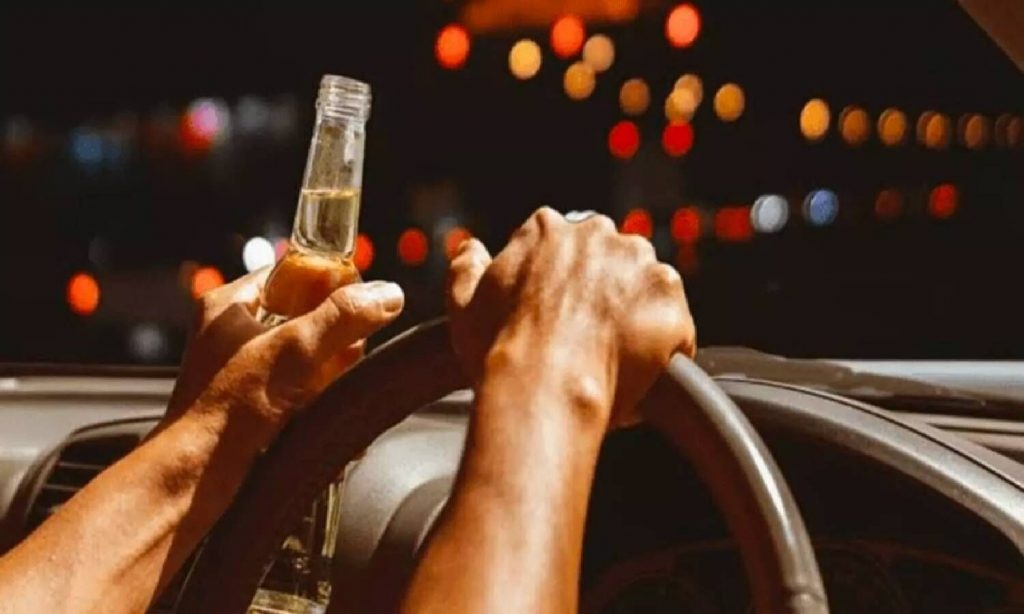Findings from the European Road Safety Council (ETSC) show that 23-25% of road traffic deaths in Greece are alcohol-related, which is the same percentage as most countries EU.
According to recent studies, drivers who consumed alcohol (and its blood level ranged from 0.3 to 0.5 g / l) were 11 times more likely to have a traffic accident. And if the indicator was between 0.6-1 gram / liter, then the probability of an accident increases by 48 times. In addition, the chances of a driver getting into a traffic accident with a blood alcohol content of 1 to 1.5 g / l is 380 times higher than when driving sober.
No less important the fact of impaired reflexes due to alcohol consumption. Even an “innocent” glass of wine can reduce a driver’s response by 50%. While there may be differences from person to person (due to body type), these differences are minimal. For a driver who drank the minimum amount of alcohol, a glass of wine, the reaction time increases to 0.5 seconds, and with a small amount of alcohol, the reaction time increases to 1.1-1.3 seconds.
In practice, this means that its reaction to emergency braking is increased by 25-30 meters if it is moving at a speed of 50 km/h. This particular reaction distance can be disastrous.
The EU has already recommended car manufacturers to introduce an active safety system in new models, which involves the installation of an Alcohol Interlock device that will not allow the driver to start the car if he drinks too much alcohol. New technology Alcohol Antilock is already in use in several European countriesfor example, for drivers of commercial vehicles in Sweden, and will also be extended to other countries.
Car manufacturers are promoting the innovative system in models that will be produced in the very near future. For bus drivers in France, this system is mandatory, and drunk drivers who have been drunk driving more than once will be obliged to establish her into your car.
Hypothetically, the new system was supposed to be introduced from the summer of 2022 on all new models, and they would include breathalyzers as standard, but this was pushed back to the near future (probably will be implemented in 2024).
The operation of the system is centered on the breathalyzer, in which the driver, getting into the car and before starting the vehicle, must blow into a special nozzle of the device to determine whether he has consumed alcohol and whether he is able to drive a car (in accordance with anti-alcohol laws in force in each country).
If it is found that the driver has consumed more alcohol than prescribed by law, the car’s engine will not start, and the car will remain “laid up”.







More Stories
Arta: Thieves broke into the house, stole jewelry and… a CCTV camera
Temporary traffic restrictions on the third line of the Athens metro
Police chase in Menidi, police officer injured